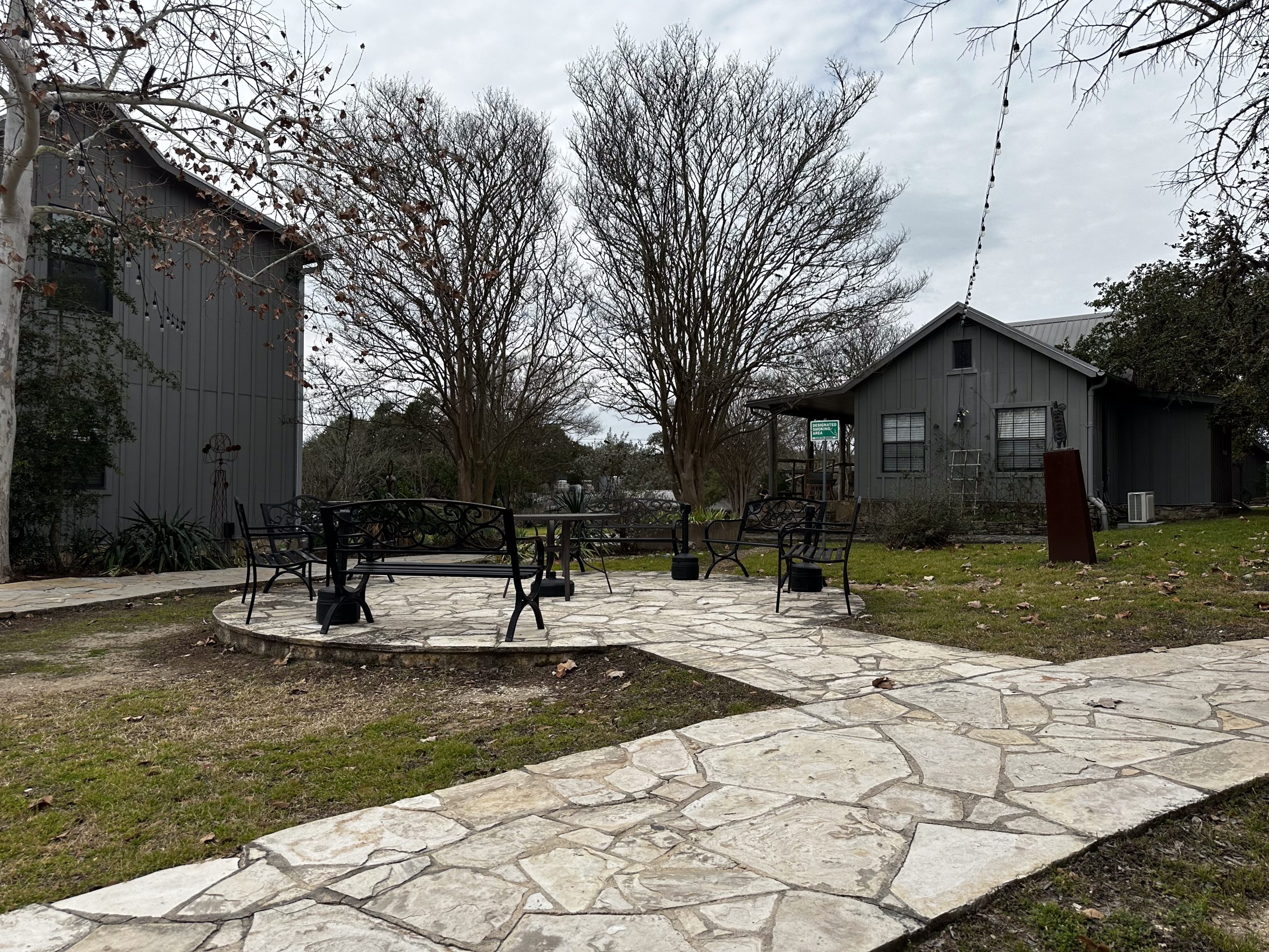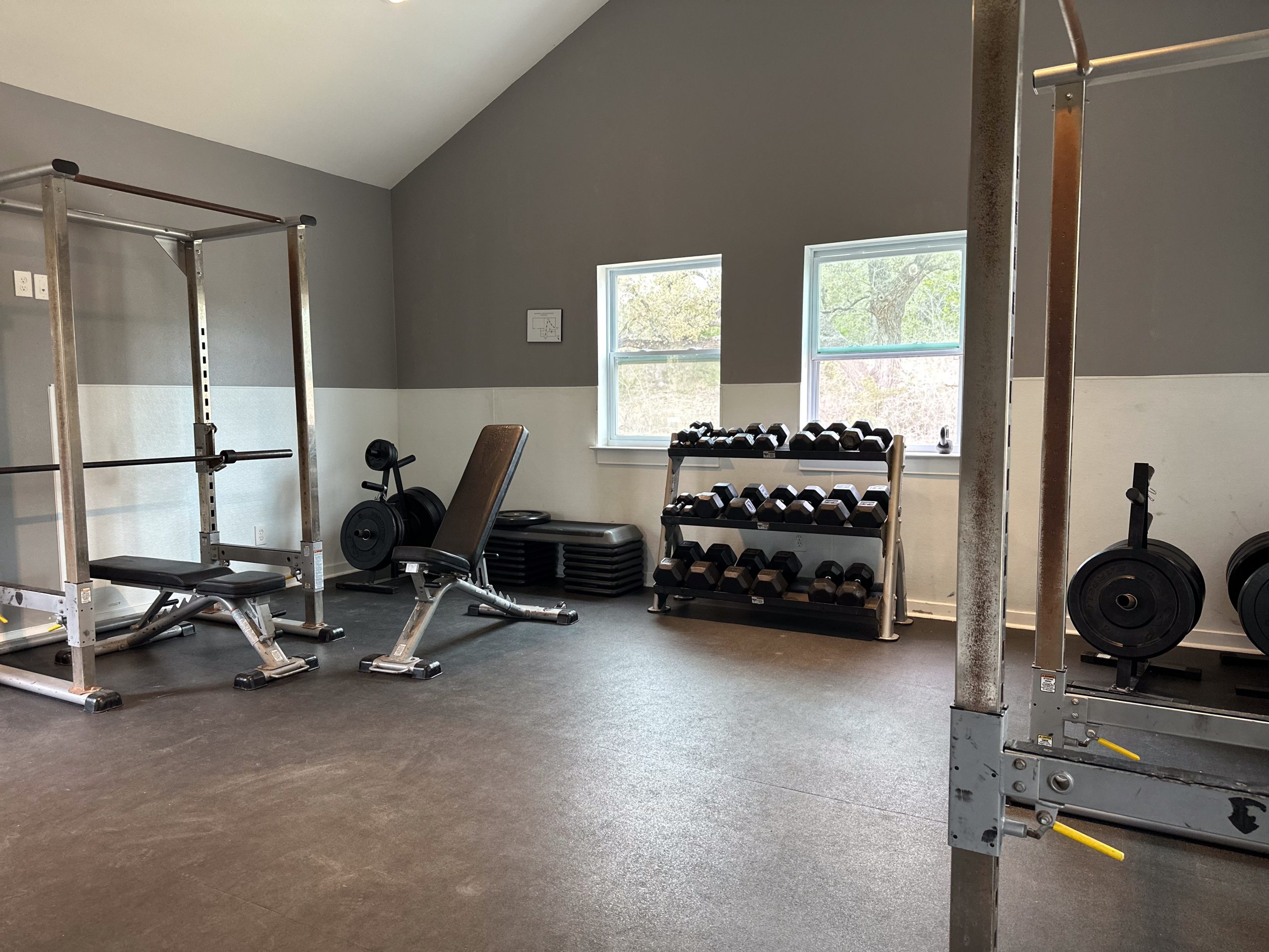Last Updated on September 17, 2025
Alcohol Rehab in Austin, Texas: How to Find the Best Treatment Center for Recovery
Table of Contents
If you or someone you know has an alcohol problem, it’s crucial to find a treatment center for long-term recovery. With numerous options available in Austin, Texas, it can be overwhelming to navigate the world of alcohol rehab.
We made this guide to help you find the best treatment center for your needs and support your recovery journey. This guide will help you make informed decisions about alcohol rehab in Austin. It covers treatment programs, insurance coverage, aftercare support, and provides knowledge and resources. Discover how our alumni selected the best alcohol treatment center in Austin.










Understanding the Importance of Finding the Best Treatment Center
Finding the best treatment center for alcohol rehab is crucial for individuals seeking recovery from alcohol addiction. The journey to sobriety is often challenging and requires comprehensive support from experienced professionals. Here are some key reasons why finding the best treatment center is essential:
- Personalized Treatment Plans: The best treatment centers understand that every individual is unique and requires customized treatment plans. They conduct thorough assessments to determine the specific needs of each patient and tailor their approach accordingly. Personalized treatment plans provide individuals with the most effective strategies for long-term recovery.
- Evidence-Based Approaches: Quality treatment centers utilize evidence-based approaches that have been proven effective in helping individuals overcome alcohol addiction. These approaches may include cognitive-behavioral therapy, 12-step programs, individual counseling, group therapy, and holistic therapies. By incorporating scientifically backed methods, treatment centers ensure that individuals receive the highest standard of care.
- Medical Detox Services: Alcohol addiction often requires medical detox to safely manage withdrawal symptoms. The best treatment centers have experienced medical staff who specialize in addiction medicine and can provide comprehensive detox services. Medical detox ensures the safe and comfortable withdrawal from alcohol, minimizing the risk of complications.
- 24/7 Support and Supervision: Alcohol rehab can be emotionally and physically demanding. The best treatment centers offer round-the-clock support and supervision to ensure the safety and well-being of their patients. Access to certified professionals and supportive staff boosts security and improves recovery for individuals.
Freedom Starts Here. Take Back Your Life Today.
Same-Day Admissions in Austin Available.
Assessing Your Needs: Determining the Right Treatment Option for You
To find alcohol rehab in Austin, Texas, assess your needs and choose the right treatment for you. Each person’s recovery journey is unique. Therefore, it is crucial to find a treatment plan that suits your specific needs. This is essential for long-term success. Here are some key factors to consider when assessing your needs and determining the right treatment option:
- Level of Care: Treatment centers offer various levels of care, ranging from residential inpatient programs to outpatient programs. Drug rehab programs in Austin, Texas have strict rules and constant supervision, while outpatient programs are more flexible for people with other commitments. Assess your personal and professional commitments to determine which level of care will best support your recovery journey.
- Dual Diagnosis Treatment: If you have been diagnosed with a co-occurring mental health disorder alongside alcohol addiction, it is important to find a treatment center that offers dual diagnosis treatment. Dual diagnosis treatment addresses both addiction and mental health issues simultaneously, providing integrated care that is crucial for holistic recovery. Ensure that the treatment center you choose has professionals who specialize in dual diagnosis and can provide comprehensive support.
- Treatment Approach: Different treatment centers may utilize different approaches to addiction treatment. It is important to understand the various treatment modalities available and determine which approach resonates with you. Common treatment approaches include cognitive-behavioral therapy, 12-step programs, holistic therapies, and alternative therapies. Research these approaches and consider which aligns with your personal values and goals for recovery.
- Specialized Programs: Some inpatient and detox treatment centers offer specialized programs tailored to specific populations or needs. For example, there may be programs designed specifically for young adults, professionals, or those with a history of trauma. Determine if there are any important factors for your recovery and find treatment centers that meet those needs.
Researching and Evaluating Treatment Centers
When it comes to finding the best alcohol rehab center in Austin, Texas, conducting thorough research and evaluation is crucial. Here are some key steps to help you make an informed decision:
- Gather Information: Start by gathering information about different treatment centers in Austin. Use online resources, such as directories and websites, to create a list of potential options.
- Read Reviews and Testimonials: Reading reviews and testimonials from past clients can provide valuable insights into the quality of care and experiences at various treatment centers. Look for reviews on reliable platforms and pay attention to both positive and negative feedback.
- Check Accreditation and Licensing: Ensure that the treatment centers you are considering are accredited and licensed. Accreditation, such as from organizations like The Joint Commission or CARF, indicates that the center meets high standards of care.
- Assess Treatment Approaches: Consider the treatment approaches utilized by each center. Research the evidence-based practices they employ and determine if they align with your personal goals and preferences for recovery.
- Evaluate Staff Credentials: Look into the qualifications and experience of the treatment center’s staff. Determine if they have the relevant credentials and expertise to provide comprehensive care.
- Consider Specialized Programs: If you have specific needs or belong to a particular demographic, such as being a young adult or having a history of trauma, look for treatment centers that offer specialized programs catered to those populations.
Factors to Consider when Choosing an Alcohol Rehab Facility
Choosing the right alcohol rehab facility in San Antonio, Texas is a critical step in your journey towards recovery. Your decision can greatly affect your success in beating addiction, so think about many things before making a final choice. Here are five key factors to consider when choosing an alcohol rehab facility:
- Treatment Programs Offered: Different rehab facilities may offer different types of treatment programs, such as inpatient, outpatient, or residential programs. It’s crucial to understand the specific programs offered by each facility and determine which one aligns with your needs and preferences. Consider the length of the program. Also, consider the types of therapy used. Additionally, determine if there are any special treatments for other problems or groups of people.
- Accreditation and Licensing: Ensure that the alcohol rehab facility you’re considering is accredited and licensed. Accreditation from reputable organizations like The Joint Commission or CARF indicates that the facility meets high standards of care. Licensing ensures that the facility operates legally and adheres to specific regulations.
- Staff Credentials and Expertise: The qualifications and experience of the staff at an alcohol rehab facility play a crucial role in your treatment journey. Research the credentials and expertise of the clinical team, including licensed therapists, addiction specialists, and medical professionals. Make sure they have the necessary qualifications to provide comprehensive and evidence-based care.
- Treatment Approach and Philosophy: Every alcohol rehab facility may have a unique treatment approach and philosophy. It’s important to know the treatment approach of a facility and see if it matches your values and goals for recovery. Look for evidence-based practices and therapies that have a proven track record of success in treating alcohol addiction.
Utilizing Resources and Support for a Successful Recovery Journey
Starting the process of recovering from alcohol addiction is brave. Remember, you don’t have to do it by yourself. Utilizing resources and seeking support can greatly enhance your chances of a successful recovery. Here are some key resources and support systems to consider:
- Support Groups: Support groups, such as Alcoholics Anonymous (AA) or SMART Recovery, provide a safe and non-judgmental space where you can connect with others who have similar experiences. These groups offer peer support, guidance, and a sense of community. Attending regular meetings can be beneficial in maintaining sobriety and learning from the experiences of others.
- Therapy and Counseling: Working with a therapist or counselor who specializes in addiction can be instrumental in your recovery journey. They can help you understand your addiction, teach you coping strategies, and provide support for any mental health issues. Therapy can provide valuable tools and support as you navigate the challenges of recovery.
- Family and Friends: Building a strong support network of family and friends who are understanding and supportive of your recovery goals is crucial. Surrounding yourself with positive influences can provide encouragement, accountability, and a sense of belonging. Communicate your needs to your loved ones and let them know how they can best support you on your journey.
- Holistic Approaches: In addition to traditional therapy and support groups, consider incorporating holistic approaches into your recovery plan. These can include practices such as mindfulness meditation, yoga, exercise, art therapy, and nutrition. Engaging in activities that promote overall well-being can support your physical, mental, and emotional health during recovery.
Sober Activities Around Austin, Texas
What are sober fun things to do in Austin?
Austin offers a wealth of alcohol‑free options—from kayaking at Lady Bird Lake (78704/78701), hiking Barton Creek Greenbelt (78746), to exploring art hotspots on South Congress (78704) or wandering inside the Blanton Museum of Art on UT campus (78705). For indoor fun, catch a comedy or a vaudeville sketch at Esther’s Follies on 6th Street (78701)
Where can I enjoy outdoor sober recreation in Austin?
Outdoor lovers can paddleboard or kayak on Lady Bird Lake (zip codes 78704, 78701), stroll or bike the Ann and Roy Butler Trail and its scenic boardwalk, swim in the cool waters of Barton Springs Pool (Zilker Park, 78704), or take a nature getaway to Hamilton Pool Preserve or McKinney Falls State Park (78744/78737)
What are some art, culture, and museum options for sober locals or visitors?
ou can explore the Blanton Museum of Art (78705), visit murals on South Congress (78704), or discover street art in East Austin (78702). There’s also ZACH Theatre on South Lamar (78704) for live performances.
Are there wellness-focused sober activities in Austin?
Yes—Austin is wellness‑centric. You can drop in on yoga or meditation classes at places like Barre 3, Barry’s, or Swift Fit at Fareground (Downtown, 78701) . For a spa‑style refresh, try day‑pass wellness centers such as Omni Barton Creek Resort & Spa or Lake Austin Spa Resort outside central Austin (78735/78730)
Where can I find community events that are alcohol-free or sober-friendly?
The Unbuzzed Club hosts sober-friendly socials like “Beyond the Bar” (at Bathe, 78702) and meetups at Stargazer Cocktails & Coffee (78702). Other local resources for sober events include Sober Austin, soberandfunky(Instagram), MeetUp, and Eventbrite
How do I enjoy Austin festivals or nightlife sober?
ocus on early, all‑ages performance venues and music events—skip the bar‑centric crowd. Plan ahead, bring a sober friend, and keep an exit plan ready. Festivals like SXSW or ACL can still be enjoyed by prioritizing music, food, and creative exhibits over drinking.
Where are the best family or pet-friendly sober things to do in Austin?
Drive to Austin Zoo (78754), book a movie at Blue Starlite Mini Urban Drive-In (south‑central zip), browse books at BookPeople (78701), or laugh the night away at Cap City Comedy (Downtown). These make fun, hang-out friendly options regardless of age.
Toggle Title
How can I connect with others sober in Austin?
Join group hikes along Barton Creek Greenbelt (78746), sign up for climbing or archery clubs, or take part in social rides like Thursday night group bicycle outings. Volunteer at local nonprofits or attend sober community gatherings like those hosted by The Unbuzzed Club (78702).
Recovery With Nova
At Nova Recovery Center, Houston we provide our patients with a very comfortable detox process, where medical professionals provide monitoring and care around the clock. You will be provided with all the medications you need to combat the withdrawal symptoms. You will enroll in the in-patient recovery program where you’ll learn to stay away from drugs, through counseling, group therapy, and so on.
Nova Recovery Center commits to helping you overcome your addiction so you can get back to what is most important to you. If you or someone you know are struggling with addiction, Nova Recovery Center can provide support. We have locations in Austin, Houston, and Wimberley Texas. Call today to begin your journey in recovery at (888) 428-1501.
Other Outpatient Drug and Alcohol Rehab Locations
Alcohol Treatment & Recovery in Austin, Texas
In Austin, “rehab” typically refers to structured treatment that addresses alcohol dependence through medical detox, counseling, therapy, and peer support—all designed to break the cycle of addiction and rebuild wellness. It’s about healing your mind, body, and spirit in a caring community.
Austin offers a spectrum—from inpatient rehab that provides 24/7 immersive care, to outpatient rehab that let you stay home while attending therapy sessions—each suited to different recovery stages and needs.
Most inpatient stays range from 30 to 90 days, tailored to individual progress and stability needs. That time lets you fully focus on healing in a supportive, structured environment
Absolutely. Austin outpatient rehab’s flexibility helps you balance recovery with work, school, or family life—especially valuable for those still working full-time in Austin.
In Texas, a 30‑day residential (inpatient) rehab averages around $56,600, while outpatient programs usually cost about $1,700 for the same period. Costs vary—some facilities in Austin accept insurance, while others offer sliding scales or payment plans.
When choosing a treatment center, make sure it’s licensed and accredited, offers evidence‑based therapies, employs qualified staff, includes aftercare planning, accepts your health insurance, and (if applicable) offers long-term recovery support and family involvement
Austin recovery centers often include aftercare planning, access to support groups like AA or SMART Recovery, and recovery coaching to help you rebuild life skills and stay connected with the local recovery community.
For medically supervised detox, facilities like Nova Recovery Center (located near The Domain, ZIP 78753) and others around the city can guide you safely through withdrawal before transitioning into full rehab.
Nova Recovery Center offers medical detox, inpatient rehab, outpatient rehab, and sober living, customized to each person’s recovery journey.
Yes—many rehabs accept private insurance, Medicaid, or Medicare. Plus, Texas offers state-funded programs and there may be sliding-scale fees or financial aid options available at local centers


